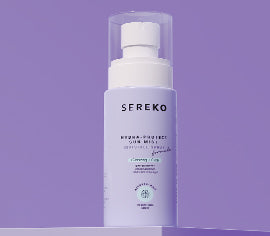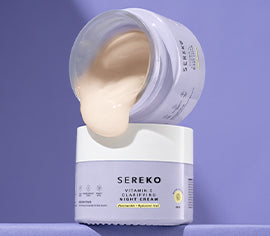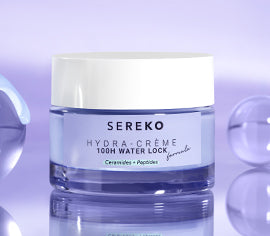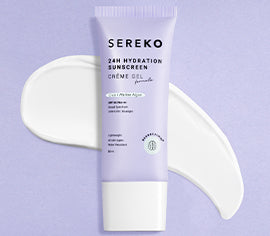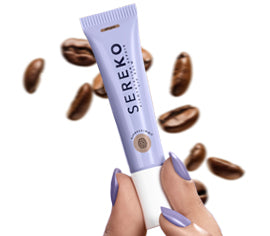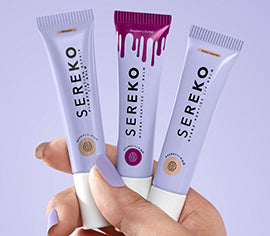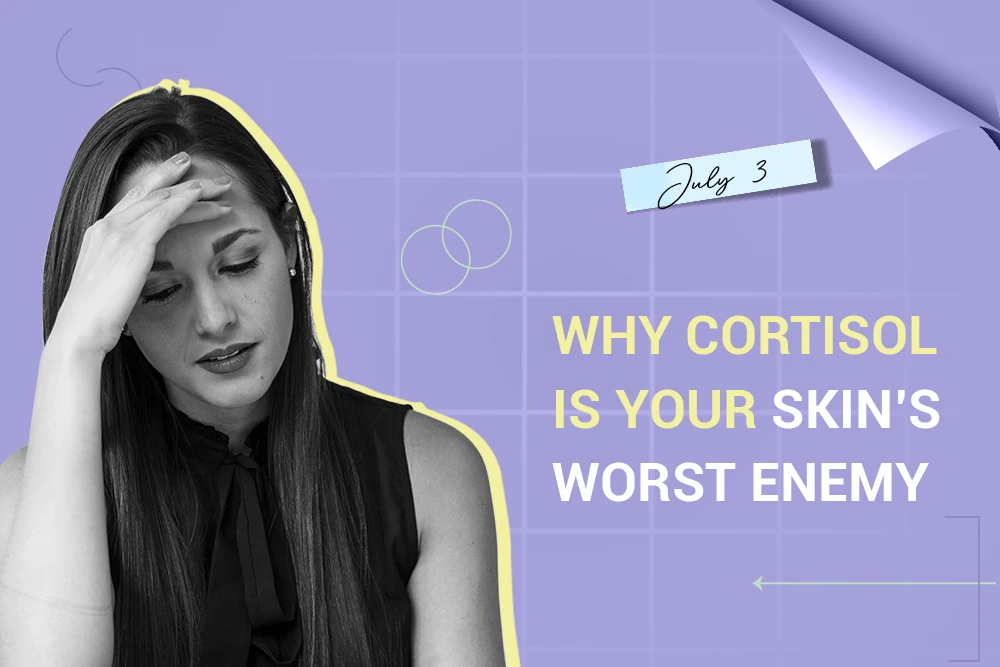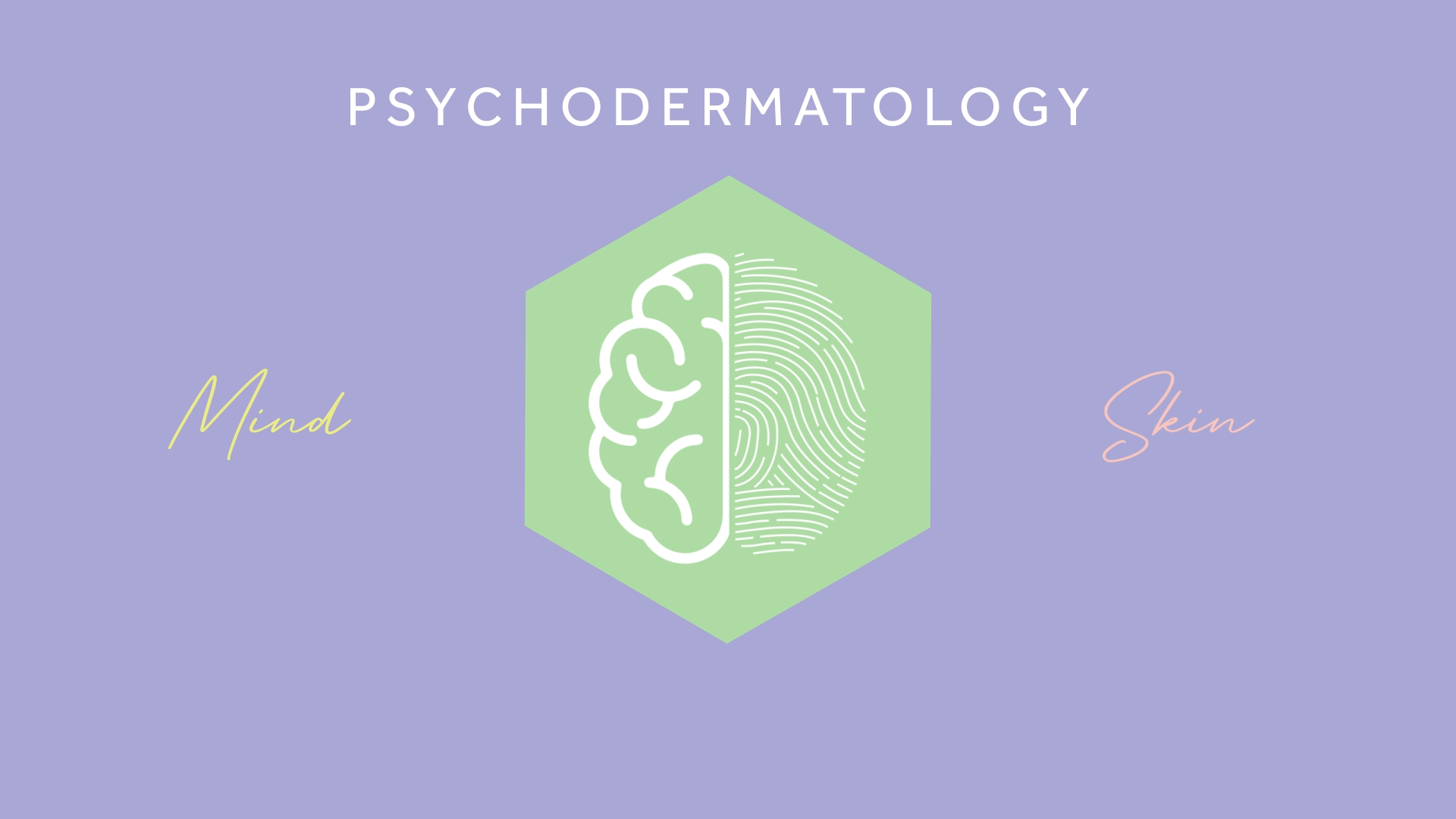Why Cortisol Is Your Skin’s Worst Enemy
In the world of skincare, we often talk about ingredients, routines, and skin types. But there’s one invisible factor that could be silently sabotaging your skin health every single day: cortisol, your body’s primary stress hormone.
What Is Cortisol?
Cortisol is a hormone produced by your adrenal glands in response to stress. It plays a vital role in regulating blood sugar, metabolism, inflammation, and even memory. In short bursts, cortisol helps you stay alert and deal with challenges. But when you're under constant stress, your body remains in a heightened state of cortisol production, and that's where the problems begin.
While cortisol is essential for survival, chronic elevation can wreak havoc on your physical health, and your skin is no exception.
How Cortisol Affects Your Skin
When cortisol levels spike frequently or stay elevated, they can trigger a cascade of skin-related issues. Here's a breakdown of how this stress hormone becomes your skin's worst enemy:
1. Breakouts & Acne Flare-ups
One of the most common skin responses to elevated cortisol is increased oil (sebum) production. Cortisol stimulates your sebaceous glands, leading to oilier skin that’s more likely to clog pores. Combined with the inflammation that cortisol can induce, this creates the perfect environment for stress-induced acne, often appearing around the jawline, chin, or cheeks.
2. Weakened Skin Barrier
Cortisol can break down proteins and lipids that are essential for a healthy skin barrier. This barrier is your skin's first line of defence against external aggressors like pollution, allergens, and bacteria. When it's compromised, you may experience dryness, flaking, and increased sensitivity to skincare products that usually don’t cause irritation.
3. Inflammation & Redness
Cortisol increases the release of inflammatory molecules in your skin. If you're already prone to conditions like rosacea, eczema, or psoriasis, stress can worsen flare-ups and make your skin feel itchy, red, and irritated.
4. Delayed Healing & Accelerated Ageing
Chronic stress suppresses the skin’s ability to repair itself. Elevated cortisol levels interfere with collagen and elastin synthesis, which are crucial for firm, plump, youthful-looking skin. This not only slows the healing of blemishes and wounds but also leads to the premature appearance of fine lines, wrinkles, and sagging.
5. Under-Eye Puffiness & Tired Skin
Poor sleep and stress go hand-in-hand, and cortisol is often to blame. High cortisol disrupts your circadian rhythm, which impacts your skin’s overnight repair cycle. The result? Dark circles, puffiness, and dull skin tone, making you look as exhausted as you feel.
Why Reducing Cortisol Should Be Part of Your Skincare Routine
Traditional skincare focuses on symptoms like acne, dryness, and irritation, but rarely addresses the underlying triggers. One of the most overlooked causes of these issues is stress. If you’re constantly fighting flare-ups that just won’t go away, it may be time to consider how your mental health is impacting your skin health.
Lowering cortisol levels through skincare and lifestyle changes can help:
-
Reduce inflammation
-
Regulate oil production
-
Improve hydration and skin barrier repair
-
Speed up healing
-
Prevent premature aging
Treating stress isn't just good for your mental wellbeing — it's skincare from the inside out.
How to Calm Cortisol Through Skincare and Lifestyle
Cortisol might be invisible, but the damage it causes isn’t. The good news? There are ways to bring your stress (and your skin) back into balance.
1. Choose SEREKO: Mind-First Skincare
At SEREKO, we believe that skincare should go deeper than the surface, because your skin and mind are deeply connected.
As India’s first psychodermatology skincare brand, our focus is simple yet powerful: to prevent recurring skin concerns triggered by psychological stress. Conditions like acne flare-ups, dryness, inflammation, and barrier damage often have one thing in common: stress. That’s why our entire line is rooted in mind-first skincare, combining high-performance actives with calming, skin-soothing ingredients that also support your emotional wellbeing.
Here’s what makes SEREKO’s mind-first skincare different:
-
Backed by Psychodermatology: Every formula is built on the science of how stress impacts the skin and how to stop that cycle.
-
Targets stress-triggered flare-ups: We focus on recurring concerns like acne, dryness, redness, and irritation that worsen under emotional stress.
-
Powered by NeuroCalm®: Each product is infused with NeuroCalm®, which is our proprietary blend. It helps by reversing the signs of stress on your skin and increase serotonin levels.
-
Strengthens your skin barrier: Our goal is to make skin more resilient, both physically and emotionally.
-
Designed to help you feel & look good: Because calming your mind is the first step to glowing skin.
Calming Gel Pen
A fast-absorbing, stress-relieving gel pen designed to target both skin and mood concerns. Formulated with NeuroCalm(S)®, it helps reduce cortisol levels, soothe inflammation, and visibly treat under-eye puffiness, acne, and dark spots. Enriched with calming actives like Wild Indigo, Cica, and Marine Algae, it offers targeted care for stressed, tired, and sensitive skin.
Key Benefits
-
Helps reduce cortisol, stress, and mood swings
-
Depuffs under-eyes and softens crow’s feet
-
Spot-treats acne, dark spots, and dry patches
-
Cooling, quick-absorbing, lightweight texture
-
Can be applied to wrists, temples, or affected areas
-
Non-habit forming and suitable for daily use
-
Clean, vegan, and dermatologically tested
Calming Candy Tabs
A clinically proven, melatonin-free supplement that helps improve sleep quality, reduce stress, and restore skin radiance.
Infused with NeuroCalm(I)®, this blend of mood-balancing and skin-supportive ingredients like Magnesium Lactate, Saffron Extract, and Hydrolyzed Milk Protein works to regulate your stress response while promoting deep rest and visible glow.
Ideal for daily use, these chewable chocolate-flavoured tablets are a non-habit-forming way to support your mind, mood, and skin all in one.
Key Benefits
-
Improves sleep quality, duration, and efficiency
-
Reduces stress, anxiety, and mood swings
-
Promotes a more radiant, hydrated complexion
-
Supports collagen and prevents dullness
-
Melatonin-free and non-drowsy
-
Infused with plant-derived, clinically studied actives
-
Low calorie, preservative-free, and FSSAI compliant
2. Incorporate Mindful Skincare Rituals
Skincare shouldn't be another chore. Turn your routine into a stress-relief ritual:
-
Take deep breaths while applying products
-
Use gentle massage to stimulate lymphatic drainage
-
Apply products in a quiet space with calming music or aromatherapy
This not only helps your products absorb better but also trains your brain to associate skincare with relaxation.
3. Adopt Daily Habits That Lower Cortisol Naturally
You don’t need a complete lifestyle overhaul; just a few mindful habits can help bring cortisol levels down:
-
Sleep 7–8 hours a night. Lack of sleep = higher cortisol and sluggish skin recovery.
-
Move regularly — even a 20-minute walk can reduce stress hormones.
-
Eat a skin-supportive diet rich in healthy fats, leafy greens, and antioxidant-rich berries.
-
Reduce caffeine, especially in the afternoon and evening.
-
Limit screen time before bed to support healthy melatonin and cortisol cycles.
Real-Life Signs Your Skin Is Stressed
Still not sure if cortisol is impacting your skin? Here are common signs:
-
Breakouts that appear during emotional stress
-
Skin that suddenly feels dry, tight, or flaky
-
Increased redness or flare-ups of chronic skin conditions
-
Puffiness and dark circles that don't go away with sleep
-
Skin that looks dull or feels "tired"
If these sound familiar, your skincare routine may need to shift focus from just correcting symptoms to addressing internal stress triggers.
What the Research Says
Several studies support the link between cortisol and skin conditions:
-
For instance, a 2024 systematic review in Exploring Stress-Induced Mechanisms in Acne Pathogenesis detailed how cortisol increases sebum production and inflammation.
-
Patients with chronic skin conditions (like eczema or psoriasis) often show higher systemic cortisol levels and slower healing responses.
This confirms what many dermatologists and wellness experts have long suspected: stress is not just a trigger; it's a long-term skin disruptor.
Final Thoughts
Glowing skin is about caring for what’s going on underneath. If you’re struggling with stubborn acne, redness, or skin that just feels "off," it could be a reflection of high cortisol levels and chronic stress.
The solution? Take a 360-degree approach. Pair effective skincare with stress-relieving habits, choose products designed to soothe both skin and mind, and be gentle with yourself.
Because the best glow doesn’t just come from actives and acids, it comes from your daily habits, lifestyle and a little peace of mind.


